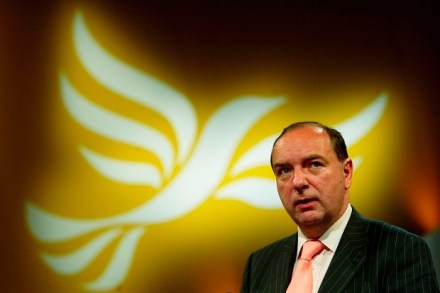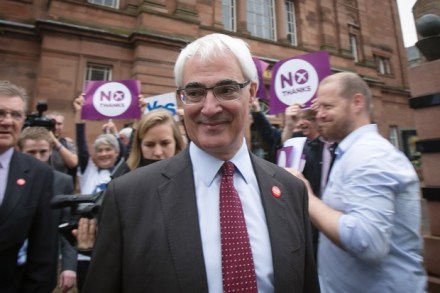In the court of King Dave, can Cameron phone home?
An absolute gem in the Telegraph’s morning memo today by Stephen Bush, who claims that the Prime Minister has more than a passing interest in today’s government announcement that mobile phone companies shall be forced to cooperated in order to boost service for the consumer. Per the memo, ‘when the PM travels, his aides will stop and note areas where he drops out of signal’. The PM is known on occasion to express his displeasure in a rather forthright manner, so the mind boggles at just how Dave might enunciate these particular concerns. It must be rather dramatic for aides to be so worried as to pop black marks next




















